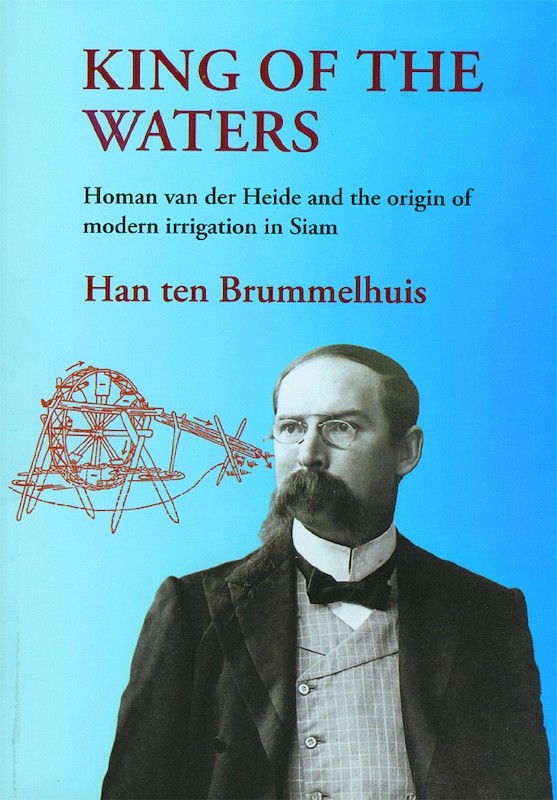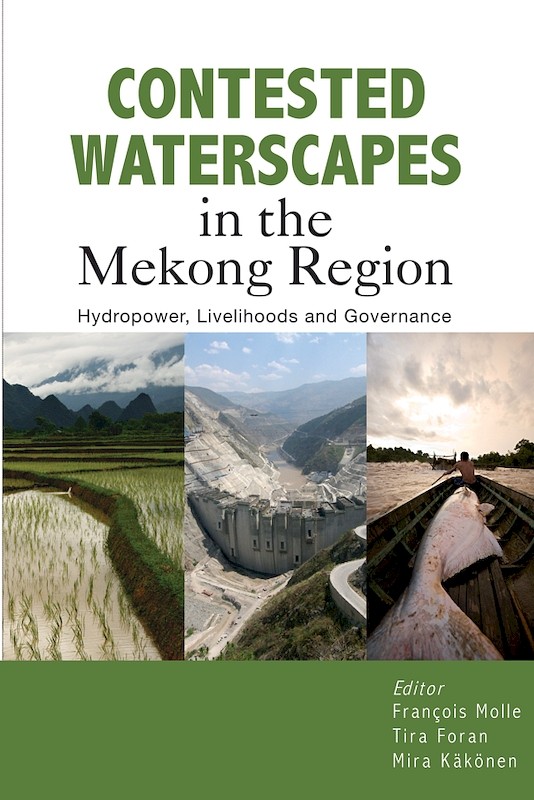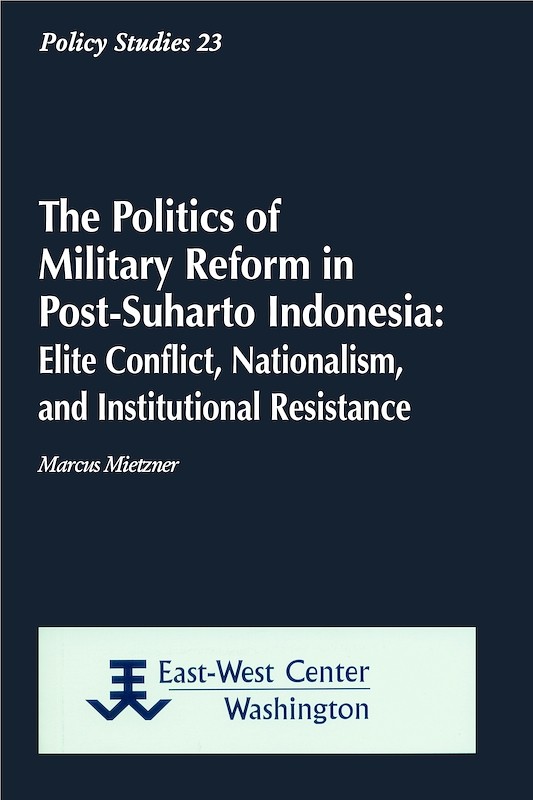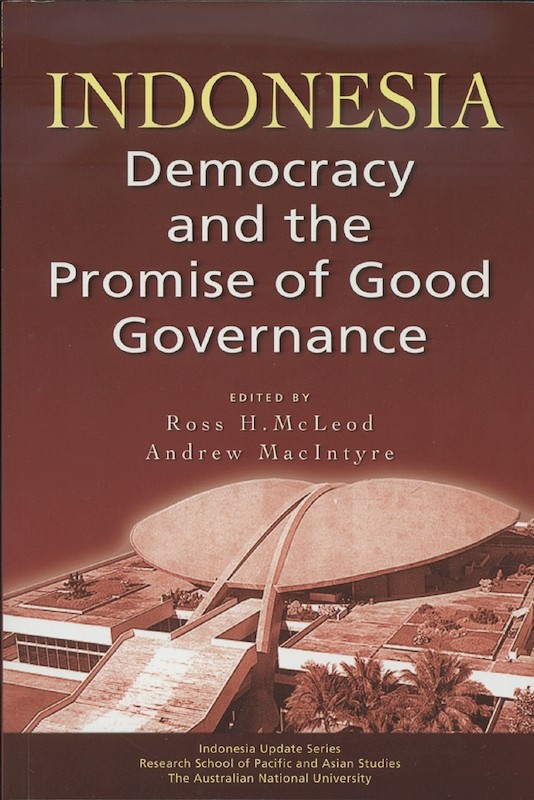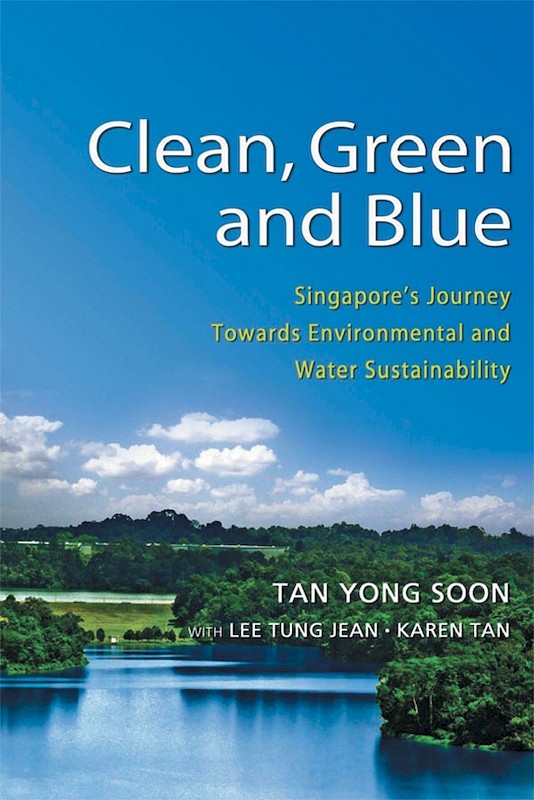Bureaucracy and Development: Reflections from the Indonesian Water Sector
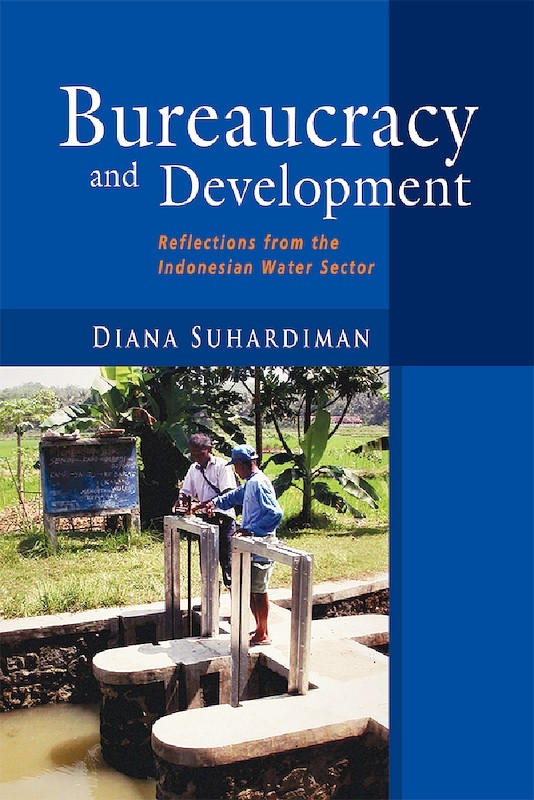
Diana Suhardiman, author
Date of publication:
2015
Publisher:
Institute of Southeast Asian Studies
Number of pages:
281
Code:
BM482
Soft Cover
ISBN: 9789814459709
Reviews
In her book Bureaucracy and Development: Reflections from the Indonesian Water Sector, Diana Suhardiman uses the transfer of irrigation systems management from the central government to local associations as an example of how bureaucratic reform, even with ostensibly well-meaning intentions, can fail without reform of underlying structures.
In the irrigation sector, regional development efforts continued to be managed by the central government through a project-based model to administer World Bank funds. While government reforms included enacting regional autonomy, giving districts the power to formulate and enact their own programs, resources for these programs were still under the central government's authority. The maintenance of the project development approach served existing corrupt practices — the very practices that reform was supposed to address.
The book does an excellent job at proving its central thesis by analyzing the power relationships, bureaucratic structures and myriad decisions that characterized the struggle for water sector reform in Indonesia. The most interesting part of the book is the chapter where Suhardiman describes what happened in one district, using qualitative evidence from stakeholders to enrich the narrative. Readers would do well to study how she diligently constructs her argument, as it is a detailed and well-thought out case study of how development fails. (Social Science Asia)
About the publication
The fall of the New Order government in 1998 and the political reform that followed posed substantial challenges for Indonesia's bureaucracy to continue fulfilling its mandate. This book analyses the process of bureaucratic reform in the irrigation sector. Using Irrigation Management Transfer policy as the entry point for analysis, it documents and analyses the irrigation bureaucracy's ability to sustain its power and prominence in the sector's development, amidst and against national and international pressures for reform.
The book argues that bureaucratic reform in the irrigation sector, rather than attempting to change the bureaucracy's functioning in the image of national and global (good) governance perspectives and priorities, should instead focus on linking the irrigation bureaucracy's everyday practice more effectively with farmers' needs and aspirations. Reform efforts of the past decades show that Indonesia's irrigation sector development cannot be redirected without the irrigation bureaucracy's knowledge, experience and cooperation, and without strengthening its downward accountability to farmer-irrigators.
The e-chapter on " Introduction" , is downloadable free of charge.
The book argues that bureaucratic reform in the irrigation sector, rather than attempting to change the bureaucracy's functioning in the image of national and global (good) governance perspectives and priorities, should instead focus on linking the irrigation bureaucracy's everyday practice more effectively with farmers' needs and aspirations. Reform efforts of the past decades show that Indonesia's irrigation sector development cannot be redirected without the irrigation bureaucracy's knowledge, experience and cooperation, and without strengthening its downward accountability to farmer-irrigators.
The e-chapter on " Introduction" , is downloadable free of charge.
Contents
-
Bureaucracy and Development: Reflections from the Indonesian Water Sector
[Whole Publication, ISBN: 9789814459716], by Diana Suhardiman, author -
Preliminary pages
-
1. Introduction
-
2. The Indonesian State in Transition
-
3. The Irrigation Agency's Contested Bureaucratic Identity
-
4. IMT in Indonesia: A Changing Policy Game
-
5. The Struggle on the Principles of IMT under the WATSAL Programme
-
6. Regional Governments and IMT Policies
-
7. IMT and Water Distribution Practices in the Kulon Progo District
-
8. Conclusions
-
References
-
Index
-
About the Author

